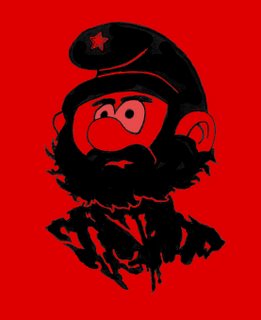
But all good things must come to an end. Yesterday, the Wikipedia Foundation announced that the English-Language site would now flag all proposed edits to * currently locked pages of live individuals. Contributors used to the intoxicating immediacy of Wikipedia editing might need to get used to waiting * for editor approval. This system has already been in place for a year in the German-Language Wikipedia (ah, those order-loving Germans).
This change will likely attract controversy by chilling new contributors and by possibly exacerbating a decline in overall edits. And of course, this process sets up the privileged class of knowledge gatekeepers that early evangelists for Wikipedia promised would never come to the site.
Don’t get me wrong. It is important to try to prevent the harmful and malicious spread of misinformation. Wikipedia has been ground zero for such attacks. Politicians and celebrities died only to be resurrected on page reversion, consultants were called child molesters, and most famously, a Kennedy family friend was implicated in the assassination of JFK and RFK.
But a move to ameliorate the situation is not costless. Wikipedia is not increasing its legal exposure (Section 230 covers providers who edit but do not change the substance of third-party content), but instead the site may be alienating the contributors of new information on which it used to depend. There is also a slippery slope argument that the editing layer could spread to other topics. It is easy to foresee that the estates of dead celebrities would ask for similar protections (e.g., "Elvis shot JFK."), as would inventors and patent holders (e.g., "The slip-n-slide is famous for ripping the limbs off small children.").
While I am glad that Wikipedia is trying to close down its libel factory, I worry that valuable sources of information will be lost. They came first for the Marxist Smurfs; how long before they come for the Fabulous Moolah?
* These sentences originally stated that the flagging would apply to all pages for live individuals.
(Andrew Moshirnia is a second-year law student at Harvard Law School and a regular CMLP blogger. He wishes you a smurfy day, comrade.)






Comments
An excellent post from IP Osgoode
An excellent post from IP Osgoode on what's really going on with Wikipedia's proposed changes -- http://www.iposgoode.ca/2009/09/the-truth-about-wikipedias-flagged-revis...
Eh, not so sure I agree with the conclusions
Ok, I see the argument: this sort of flagging actually frees up articles that previously had been locked (now edits can be suggested where they couldn't before etc.). But I don't think this changes the thrust of my argument much -- a greater amount of protection to more articles with a possibility of editing lag (flag protections). My argument was that this sort of change was needed but that it might also have the impact of harming the mystique that Wikipedia has cultivated.